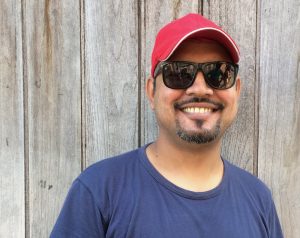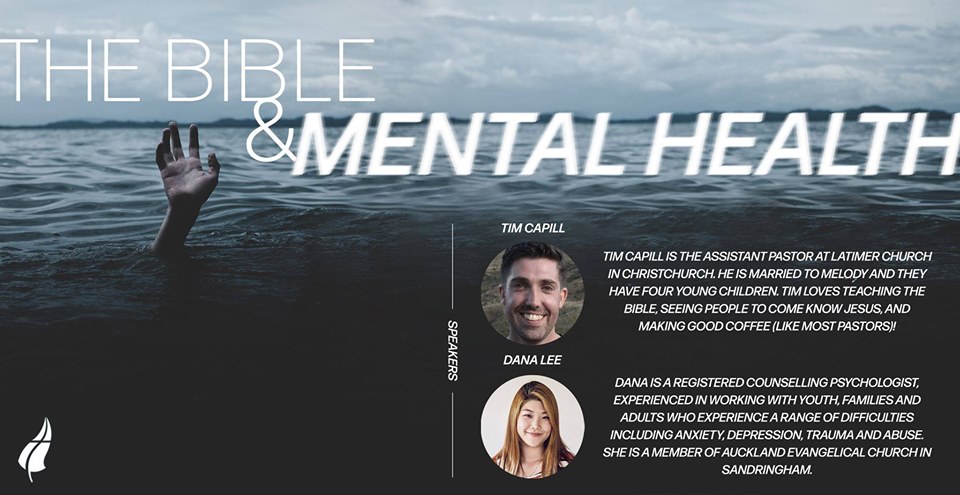When Zhenya went to a graduation ceremony in the capital city of her Eurasian home country, she noticed the presence of hundreds of international students.They’d been living there for 5 years and were now about to depart, probably without having heard the gospel…
Her desire to reach them with the good news of Jesus seemed an impossible goal. But 12 years on, thanks to the Lord’s direction and provision, a thriving International Student ministry now exists – including students from other sensitive countries.
At the heart of this ministry are hospitality and the Word of God. I asked Zhenya a few questions so we can hear more:
1. How do you study the Bible with international students?
We now have 25-40 students who cram into a small apartment each week – we make food together, eat, and study the Scriptures. It’s really important that the students feel safe and can ask their questions, debate, and also respectfully disagree in the context of friendship.
For our inductive Bible studies, the passage is printed out in all the languages of the students attending and this makes the Word accessible to everyone. After the main leader has asked questions about the text, we split into small (language-based) groups with student leaders to help facilitate a discussion.
It is very important that we ask questions. The leader must ask good questions that guide everyone through the passage and the students must be able to ask their questions of the text, to discover for themselves what is there, and be challenged to keep looking!
2. Over the years, what have you found to be important when studying the Word with students from different cultural contexts?
I’d say there are three main things:
a. Stories- students learn from stories! We mostly study the Gospels and, sometimes, Old Testament stories about the ‘heroes’. The main task is to allow the text to speak for itself and for students to be introduced to Jesus.
b. Visuals – In a multilingual, multi-cultural environment, it is so important to visualise the story; e.g., videos that illustrate the story, students acting out the passage, drawing pictures, and retelling the story.
c. Good real-world applications: the leaders need to guide students well, drawing on what students have said and helping them to see what the passages mean in their lived experiences.
3. Do you have a testimony of how God’s Word has impacted a particular student?
 ‘Maria’ from a small Muslim country is one example. In her own words, ‘Maria’ thought she already knew the truth, and was curious about her Christian friends who believed wholeheartedly in Jesus. Still believing in her god, she started to discover the truth of Jesus as she attended the Bible studies. But after two years of this, she realised that she believed in one god and was studying about another… and ‘Maria’ knew she couldn’t sit on the fence forever.
‘Maria’ from a small Muslim country is one example. In her own words, ‘Maria’ thought she already knew the truth, and was curious about her Christian friends who believed wholeheartedly in Jesus. Still believing in her god, she started to discover the truth of Jesus as she attended the Bible studies. But after two years of this, she realised that she believed in one god and was studying about another… and ‘Maria’ knew she couldn’t sit on the fence forever.
Week by week, she continued to discover more about Jesus through the Scriptures, until ‘Maria’ reached the point where she started to follow Him.
Reflecting on John 10, she testifies that:
“I was able to hear the Good Shepherd’s voice… and He has guided me to this decision.”
Paula
IFES Associate Secretary for Scripture Engagement






 “The Word Among Us” is a very valuable resource that we have used as part of our training for new student leaders in Jalisco. This booklet has helped students to have stronger convictions regarding Scripture and to love the Bible more. It has also encouraged and challenged them to live out their faith according to Scripture, and it has encouraged them to trust in the power and impact of God’s Word.
“The Word Among Us” is a very valuable resource that we have used as part of our training for new student leaders in Jalisco. This booklet has helped students to have stronger convictions regarding Scripture and to love the Bible more. It has also encouraged and challenged them to live out their faith according to Scripture, and it has encouraged them to trust in the power and impact of God’s Word.
 Along with it, a special “Uncover” edition of Luke’s gospel was published. It encourages seekers to go beyond reading just the passages which are included in the Bible study booklet to discovering the whole story of Jesus. This gospel edition includes
Along with it, a special “Uncover” edition of Luke’s gospel was published. It encourages seekers to go beyond reading just the passages which are included in the Bible study booklet to discovering the whole story of Jesus. This gospel edition includes  The Mark Drama is one initiative towards this end. Students invite other students to come and see this 90-minute-drama on the life of Jesus. It is played in a round theatre (see picture). As a result, the spectators are drawn into what is happening instead of watching at a distance.
The Mark Drama is one initiative towards this end. Students invite other students to come and see this 90-minute-drama on the life of Jesus. It is played in a round theatre (see picture). As a result, the spectators are drawn into what is happening instead of watching at a distance. Liene Lice, who has been directing the Mark Drama in Latvia comments: “No-one can stay indifferent after watching it – some people laugh, some cry, some are lost in thoughts, all have experienced the gospel.”
Liene Lice, who has been directing the Mark Drama in Latvia comments: “No-one can stay indifferent after watching it – some people laugh, some cry, some are lost in thoughts, all have experienced the gospel.”